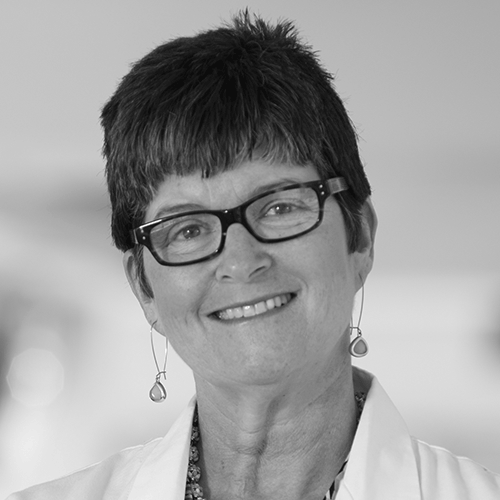
Dr. Carol A. Burke
Vice Chair of the Department of Gastroenterology, and Hepatology and Nutrition Director in the Sanford R. Weiss MD Center for Hereditary Colorectal Neoplasia at the Cleveland Clinic
The rate of colorectal cancer cases is rising in young adults but there’s a lot people can do to prevent the disease.
Research from the American Cancer Society shows 12 percent of colorectal cancer cases this year — about 18,000 cases — will be diagnosed in people under 50. Rates have been increasing or the past two decades. Doctors are unsure what’s responsible for the increase, but rising obesity rates and poor diet may be factors.
Knowing the risks
“The best way for people to take charge of their health, particularly in the fight to prevent colon cancer, includes incorporating healthy lifestyle and dietary factors, staying up to date on colorectal cancer screening, and knowing their family history of cancer,” said Dr. Carol A. Burke, Vice Chair of the Department of Gastroenterology, and Hepatology and Nutrition Director in the Sanford R. Weiss MD Center for Hereditary Colorectal Neoplasia at the Cleveland Clinic.
Healthy behaviors to potentially prevent colorectal cancer include avoiding smoking, maintaining a healthy body mass index, regular aerobic exercise and strength training, and eating a diet high in fruit, vegetables, and grains that’s low in processed foods and red meat.
Get screened
Don’t dismiss symptoms such as rectal bleeding, iron deficiency anemia, unexplained changes in bowel habits or abdominal pain, or unanticipated weight loss. See a doctor right away and get a colorectal cancer screening.
“Colorectal cancer screening prevents colorectal cancer and saves lives,” said Dr. Burke, who has spent her 30-year career in gastroenterology with a clinical and research focus in preventing colorectal and gastrointestinal cancers. “If colon polyps are detected and removed, the risk of colon cancer is decreased. If cancer is detected by screening before symptoms develop, it often is diagnosed at an early stage and is curable.”
Family matters
The American Cancer Society recommends colorectal cancer screenings for average risk adults starting at age of 45. Know your family history too, since up to 10 percent of colon cancers can be hereditary.
“If there is a family history of colon cancer, starting colonoscopy at a younger age or having it done more frequently than the average risk population may be indicated, and potentially be life- saving,” said Dr. Burke.
She advised newly diagnosed patients to stay calm, ask questions, and get a second opinion, if needed.
“The good news is that colorectal cancer is curable if detected early and surgically removed.”

